There has been a sudden increase in the demand for steel on which many important industries depend. With an increase in demand, the prices of steel have gone up by 15 percent in the international market. While those having a monopoly over the product, have decided to export as much as possible to get maximum benefits, it is domestic manufacturers, who are bearing the brunt as not just they are facing scarcity, but the steel is available at exorbitant rates.
The prices of steel in the New York stock exchange increased from 815 to 890 USD from August 1 to August 13. The steel prices in China also went up from 3,300 to 3,800 Chinese Yuan during the last three months. Similarly, the prices of steel are shooting up in India. On August 1, the price of steel ingot in Ludhiana was Rs31,500 per metric tonnes and on August 14, this increased to Rs34,500 per metric tonnes.
This rise in prices is causing a direct impact on steel-consuming industries such as bicycle, fastener, auto parts, sewing machines, machine tools, hardware, and hand tools. The construction sector is also facing the heat of the price hike as the cost has increased manifolds.
The FOPSIA president, Badish Jindal, told The Tribune, “The increase in parallel with the scrap prices. The scrap prices have also gone up from Rs24,000 to Rs28,000 per tonne during the same period.”
“Secondary steel plants have no option, but to enhance prices. Still, after the increase of scrap rates, its availability is a major issue. The industry is dependent on domestic scrap. A small quantity of international scrap is available in present circumstances. Another main reason is the increase in steel prices in China. Iron ore companies are exporting steel to China at high rates,” Jindal added.
This was for the first time that Chinese steel prices were higher than India, Jindal said. It was a good opportunity for Indian manufacturers to beat China, but with an increase in prices local companies might fail to perform again, Jindal added.
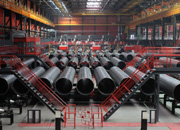 Threeway Steel is known as a professional supplier engaged in manufacturing and distributing a wide range of steel pipe, and our headquarter located the central part of China – Hunan and six associated factories throughout China.
Threeway Steel is known as a professional supplier engaged in manufacturing and distributing a wide range of steel pipe, and our headquarter located the central part of China – Hunan and six associated factories throughout China.
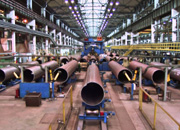 Threeway Steel is known as a professional supplier engaged in designing, manufacturing and distribution of a wide range of steel products with the headquarter located the central part of China – Hunan and six associated factories throughout China.
Threeway Steel is known as a professional supplier engaged in designing, manufacturing and distribution of a wide range of steel products with the headquarter located the central part of China – Hunan and six associated factories throughout China.
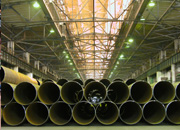 Threeway Steel is known as a professional supplier engaged in designing, manufacturing and distribution of a wide range of steel products with the headquarter located the central part of China – Hunan and six associated factories throughout China.
Threeway Steel is known as a professional supplier engaged in designing, manufacturing and distribution of a wide range of steel products with the headquarter located the central part of China – Hunan and six associated factories throughout China.
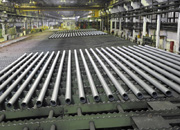 Threeway Steel is known as a professional supplier engaged in designing, manufacturing and distribution of a wide range of steel products with the headquarter located the central part of China – Hunan and six associated factories throughout China.
Threeway Steel is known as a professional supplier engaged in designing, manufacturing and distribution of a wide range of steel products with the headquarter located the central part of China – Hunan and six associated factories throughout China.
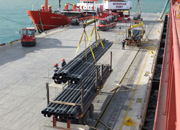 Threeway Steel is known as a professional supplier engaged in designing, manufacturing and distribution of a wide range of steel products with the headquarter located the central part of China – Hunan and six associated factories throughout China.
Threeway Steel is known as a professional supplier engaged in designing, manufacturing and distribution of a wide range of steel products with the headquarter located the central part of China – Hunan and six associated factories throughout China.

